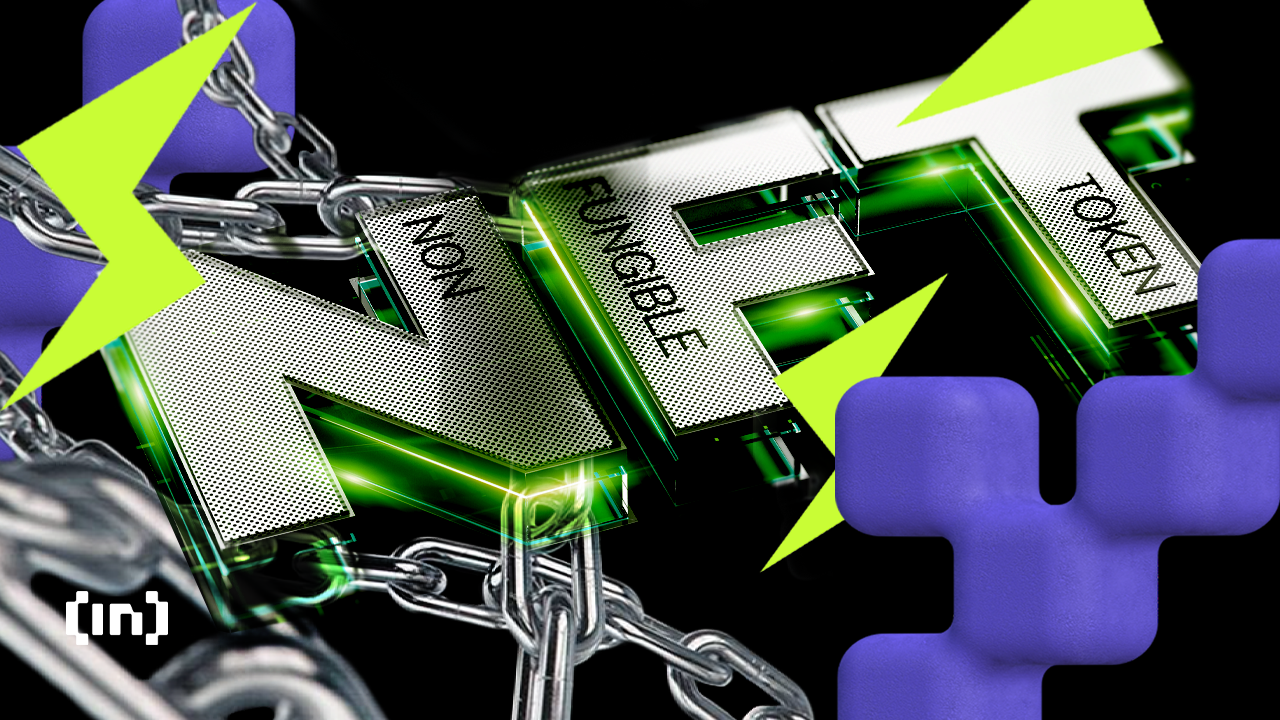What Solana Spaces means for the future of crypto-based retail

Solana Embassy in Miami’s Wynwood.
Yesterday, a new retail experience launched in the heart of Miami’s Wynwood district. Surrounded by digital brands such as Warby Parker and Marine Layer, boutique cafes and some of the city’s best restaurants and nightclubs is a 4,500 square meter space called The Solana Embassy. It aims to attract similar customers to its neighbors, with Supreme-like exclusive merchandise drops, a cozy FTX co-working lounge, a Degen Ape Café NFT coffee bar and a sound and lighting system that converts the space into a trendy Miami nightclub. However, its primary purpose is to entice the crypto-enquirer, the Web3 enthusiast, and the purely curious passer-by. Essentially, it unites the mysterious world of crypto with the familiar brick-and-mortar retail.
The Solana Embassy is the second location opened by a company called Solana Spaces, which, contrary to popular belief, has no direct connection to the cryptocurrency Solana. It was founded earlier this year by Vibhu Norby in partnership with The Solana Foundation, which funded and incubated the store. Norby is an entrepreneur known for co-founding B8ta, one of the first retail-as-a-service stores that charged brands a monthly fee to display products in-store and receive data. Before the pandemic, B8ta had around 20 stores in the US, several abroad and extensive funding from prominent investors such as Macy’s. However, due to the effects of the pandemic on the business, the company closed its doors earlier this year. Although Solana Spaces is new, it is a concept Norby has been thinking about for a while and plans to expand nationally and internationally.
The interior of the Solana Embassy in Miami’s Wynwood.
Crypto is uniquely poised to take advantage of experiential retail
The Solana Spaces locations act like B8ta in educating potential consumers and users about what is unknown to those not active in the crypto community. It has a similar purpose to the stores of most digitally native brands. For example, a 2019 study called Customer Supercharging in Experience-Centric Channels found that these retail locations “supercharge” customers, increasing spend per order by up to 60% and increasing purchase frequency. In another study looking at Warby Parker, the same professors found that approximately 80% of store visitors were new, and opening a store increased sales in the market by 7.4%. Although these examples refer to digital brands, they are indicative of the power of the experiential concept.
Phantom wallet setup in The Solana Embassy
The variable that can change this effect is the quality of experience, which Norby and his team have thought through thoroughly. “Stores need to be interesting, fun and engaging,” he said, adding, “The core idea behind crypto is what if the thing we use, we also own? That idea has some powerful ideas for retail. Besides being fun, it’s a huge component of loyalty and community.” While the company’s NYC store focuses on educating, the Solana Embassy is completely unique, and also serves as a physical gathering place for the existing community.
Crypto players want and need a physical presence
The idea of crypto in the physical world may seem like an oxymoron, but the reality is that it is here. And there are many ways in which it is tangible. For example, the Solana Embassy experience involves setting up a Phantom wallet (if a visitor doesn’t already have one) and walking around the store to interact with various Solana blockchain players. In addition, visitors can collect NFT tokens at each station to complete tutorials and exchange them for cash – serving as both a game and an incentivized learning method. There is also an NFT gallery that includes physical products available for purchase.
News of big companies like Nike and Gucci entering the metaverse and creating NFTs has become ubiquitous. Nevertheless, little is said about the fact that digital-first designers in the crypto space are beginning to make their mark with much to offer in the physical realm. As Norby said, “there are going to be a lot of native NFT communities that break into the mainstream. You could argue that Bored Ape did that, but there’s a lot more to come on that front, and a lot of them will end up being fashion brands and other types of viral experiences. We want to build a playbook for that to happen.”
A display of merchandise at the Solana Embassy in Miami’s Wynwood
As Norby mentions, The Bored Ape Yacht Club has initiated some physical events for the members of the community, including various meetings and an event called “Ape Fest”, with famous musicians and comedians. However, it is a very exclusive, mainly affluent club, and there is an opportunity for a more accessible and welcoming physical space – an opportunity Solana Spaces has seized.
The company’s two locations in New York and Miami are just the beginning. More places and exciting developments will be announced later in the year. But for now, crypto enthusiasts or skeptics, these spaces are likely the start of crypto-based retail.

























